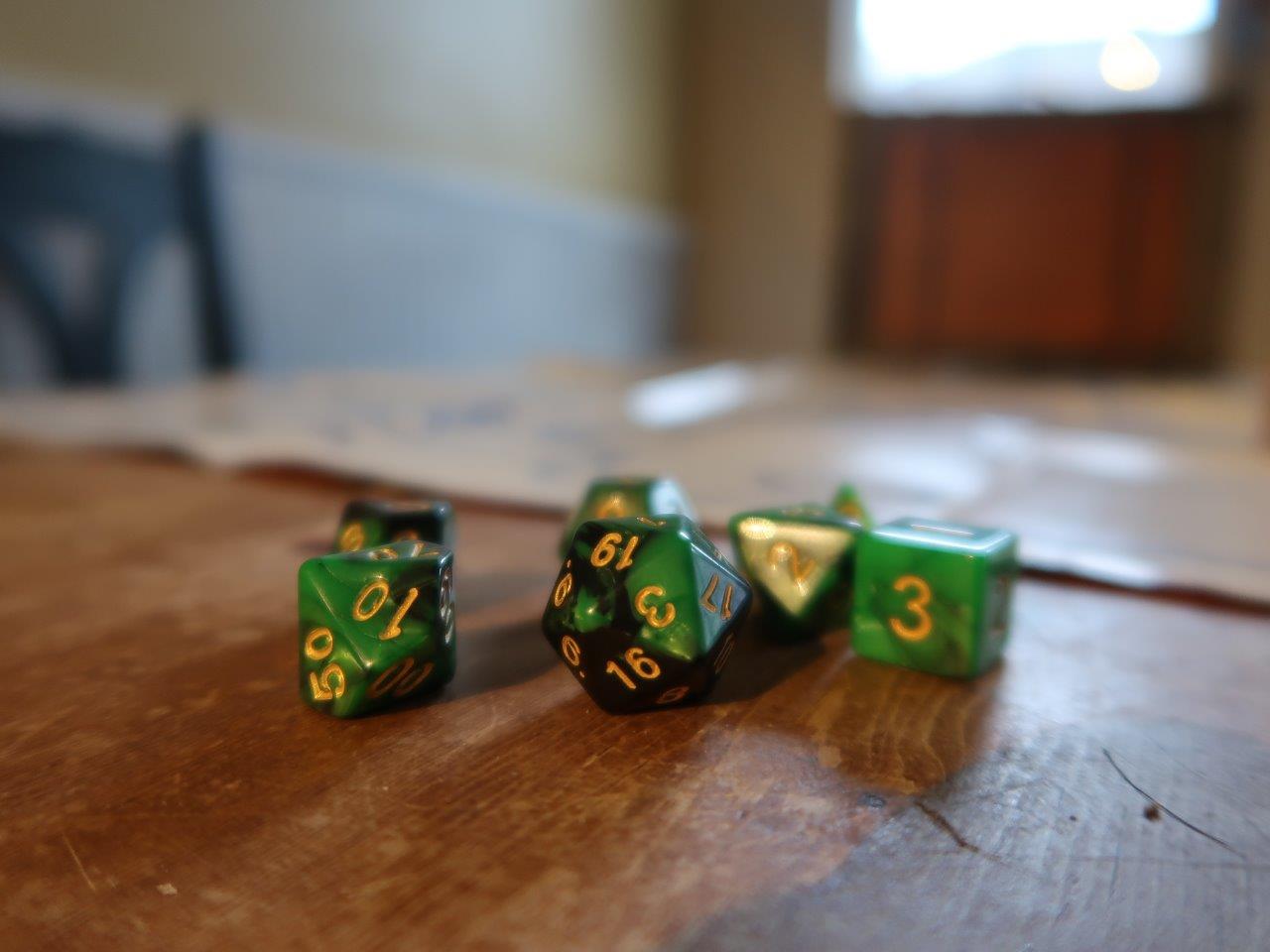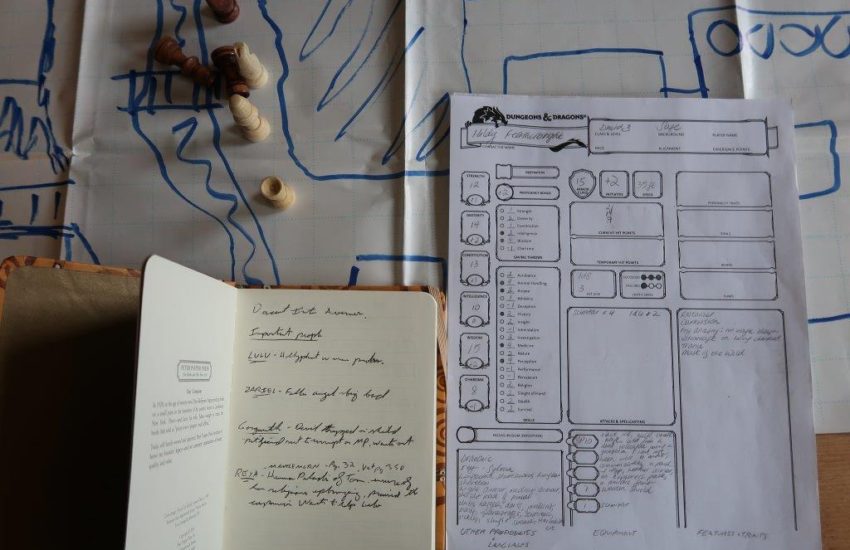If you only read one DM Tips article on this site, make it this one.
We could go on and on about the intricacies of the D&D 5e system, and builds, and modules, and all that, but none of it matters at the end of the day if you don’t ever actually get to play D&D.
- See also:
The biggest killer of campaigns isn’t some CR 25+ monster; it’s bad scheduling. Luckily enough for you, we’ve managed to iron out a few tips and tricks for making sure that your weekly D&D session stops getting cancelled every other week.
Be flexible in the first few weeks
This time of the campaign is key for getting the players hooked and wanting to come back for more. As it is the start of the campaign, you’ll need to figure out what time of the week works for everybody. Ideally you noted a generally idea of when works for you when recruiting your players, but if you didn’t have that forethought, no worries!
All you need to do is head over to whatever message thread you’re using to communicate to your players and give them a list of options for times that work for you — because remember, a game of D&D can’t happen unless the DM can make it. Take a look at your own week and pick out three or four hour blocks that would work, even if it means moving some things around, and then send them all to the group in messages like this:
Thursday, February 18, Noon to 4 pm PST
Thursday, February 18, 6 to 10 pm PST
Saturday, February 20, 6 to 10 pm PST
Sunday, February 21, Noon to 4 pm PST
etc.
Then have your party members simply give a thumbs up (or whatever other emoji they prefer) reaction to all of the times that would work for them. Eventually you should be able to see which timeblock is the most popular. This is much easier than simply asking everyone “when they’re free,” because most people will only respond with their ideal time to play when if asked.

Be willing to play without some people
We’ve previously covered this as our golden rule for scheduling, and it is probably the most important one on this list.
The hard truth is that life gets in the way of D&D. Whether it’s work, or family, or partners, or emergencies, Dungeons and Dragons often has to take a backseat to more important things that are going on in your players’ lives, and that’s okay.
But just because one or two people can’t make it doesn’t mean that everyone else should miss out on a weekly D&D session.
The golden rule that I’ve implemented at my own table to ensure that we don’t have any cancelled sessions is the Half Plus One Rule. As the name I just came up with implies, the followers of this rule will go ahead with a session so long as half the players +1 are in attendance.
So if you have a party of 4, you’ll need half of that (2) plus 1, so 3 players to go ahead with the game. For a party of 6, it’s 4 to play. Things get a little tricky with the odd numbers, seeing as you can’t very well cut a person in half, but I’d say rounding down is your best bet. Parties of 3 just need 2 players to play, parties of 5 need 3, and parties of 7 need 5, and so on and so forth.
Consistency is key to a long campaign
Once you’ve been doing the flexible scheduling trick from earlier in this article for a few weeks, you’ll soon find that sessions are generally landing around the same day and time. Congrats! You’ve found your official D&D day.
Chat with your party to discuss how they feel about this being the go-to day for D&D, just to make sure that there aren’t some upcoming changes to work shifts or life events that might derail the numbers on that day.
It is crucial that you eventually find a D&D day that works for the majority of the party, because you’re going to need a day to stick to from here on out. Unfortunately that means…

You may need to drop a player that doesn’t work with the schedule
The inability of some DMs to do this is what leads to the death of many campaigns.
It makes sense for DMs to try to avoid hosting D&D on a day that they know one of the players can’t make it. But if you’re only other options are days when that person can make it, but two other people can’t… well, it unfortunately was not in the cards for this group of people to be able to play D&D together consistently, and sometimes that happens. Some schedules simply won’t line up, no matter how much you try.
In those cases it falls on the DM to let that player know that they’re always welcome to join if they cam make it (potentially as a recurring guest) but that no other time works as well for the group as a whole.
It’s a tough thing to do, but necessary if you want to actually have a consistent game of D&D… otherwise you’ll just be left asking when works best for everyone without any shot of schedules actually aligning.
Play every week
Once you’ve found that day and time that works for (most) everyone, hold onto it and do not let go.
This means playing D&D weekly, same time, same day, same place. The idea here is that you and your players will eventually start to see Tuesday afternoons, for example, as the time they play D&D.
Playing weekly means that the three to four hour block is always going to be busy, every week, so no one will even think of planning something else during that time on that day. If you play biweekly, this fails, because players may forget that it’s this Tuesday that we’re playing.

Send a reminder that the session is actually happening
Even if it’s just the morning of or the night before, make sure to send the group a reminder that the session is in fact taking place on your D&D day.
This gives them an assurance that you, the DM, won’t be calling the game off last minute, and gives them the chance to let you know if they’ll be late/absent a little sooner than five minutes into the session.
In an ideal world, we’d all get to play weekly sessions of D&D with all our best friends… but even the pros at Critical Role have to work around schedules and occasionally play without a full roster.
It sucks that someone may be left out of the fun, or that everyone’s schedules will not align no matter how badly you want them to, but stubbornly waiting for that perfect day when everyone can make it is the real killer of campaigns.
And it’s up to you, as the DM, to avoid that.
- See also:

